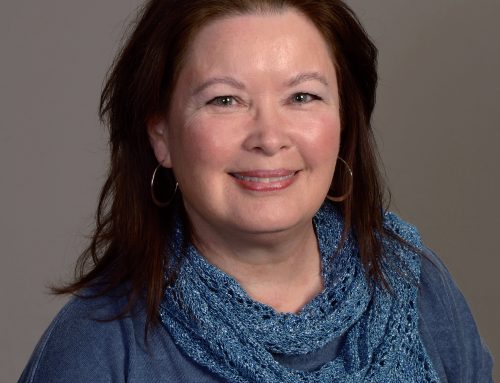Karibu (Welcome)!
I’m the missions coordinator for Deeper Truth Ministries. I organize the annual teams that conduct Bible conferences for women and girls for our current work in Kenya, East Africa. A portion of our time in Kenya includes a visit to Into Abba’s Arms, a children’s home located in the central highlands of Kenya. I spend a lot of time in Kenya, and I wanted to share just a glimpse into the lives of the children our teams serve there.
It’s become a strange existence – having one foot planted firmly in the modern world and the other in a land where donkey carts outnumber automobiles and cell phones outnumber flush toilets. Yet, for all its primitive aspects, I’ve learned a lot living and working in a developing country. I’ve learned that I can bathe (and wash my hair) in about a gallon of water. I’ve learned that I prefer the sound of a rooster at 5:00 am to the alarm on my cell phone, and I’ve learned that sometimes, nothing tastes more like home than a steaming cup of Ramen Noodles. But perhaps my most profound lessons have come from observing the culture and the children we serve here.
As is the case in most places, there are social divisions in Kenya. Except in the most cosmopolitan areas, the people in Kenya are divided primarily along tribal and cultural lines. During election years, voting patterns are easily predicted according to tribal regions. Marry outside your tribe, and you and your children may become social outcasts. Admission to select schools and choice employment opportunities within certain sectors are often awarded or withheld based on tribal affiliation. In Kenya, your tribe is who you are, and in many cases, it determines your place and value within the larger culture. Curiously, orphan communities in Kenya appear to defy, if not rise above these social paradigms.
At Into Abba’s Arms, children come from varied regions and circumstances. Some come from around the corner, others from great distances. Some are brought by government officials and area chiefs, and others are dropped off by distant relatives and benevolent villagers. They come from diverse tribes and backgrounds, abandoned in the marketplaces, and left orphans by violence, disease, and civil unrest. But they are drawn together by a common thread: stripped of family and familiarity, they seek only mercy. And mercy is what they find.
They arrive with nothing, wearing clothing in tatters and the haunted, hopeless stares of children who have seen too much, too soon. They are loved and accepted because they are, not because of anything they have to offer. Thus, there is very little of the “that’s mine” mentality. Mind you, it’s not a squabble-free zone, but the children share freely – clothes, toys, everything. They eat, play, sleep, go to school, and work together. Before long, they cease to see the cultural and tribal differences that used to separate them from one another and see only the similarities that have brought them together: the need for a family and a place to call home.
The children envelop newcomers into the fold considering it a great privilege to show them around and help them settle in. I think it’s what happens when they realize that in their poverty, they come with nothing but gain everything – they delight in sharing with others the abundance they have freely received. Whenever I observe this transformation in the children, it’s hard not to see it as an illustration of what happens we enter into the family of God.
God cares nothing for our social standing. He doesn’t love us because of what we have to offer Him or the many accomplishments we think we bring to the table, “But when the kindness and love of God our savior appeared, He saved us not because of righteous things we had done, but because of His mercy.” (Titus 3:4,5)
In the economy of righteousness, we all stand before God destitute, beggars in need of mercy. The realization that we deserve nothing, but by His mercy have entered into God’s family, makes us, like the orphans, eager to share with others the riches we have freely received.
The children at Into Abba’s Arms know who they are – they are children who have nothing and everything. They are Kikuyus, Luos, Embus, and Kalingens. They are many tribes, and they are one family. Mercy and family change everything.
Interested in joining us on our Kenyan adventures? We’re always looking for women with a heart for serving the nations. Email us at deepertruth3@gmail.com to find out how you can partner with us in sharing His deeper truth.
Baraka (Blessings)!
Tarin Paradise



Leave A Comment